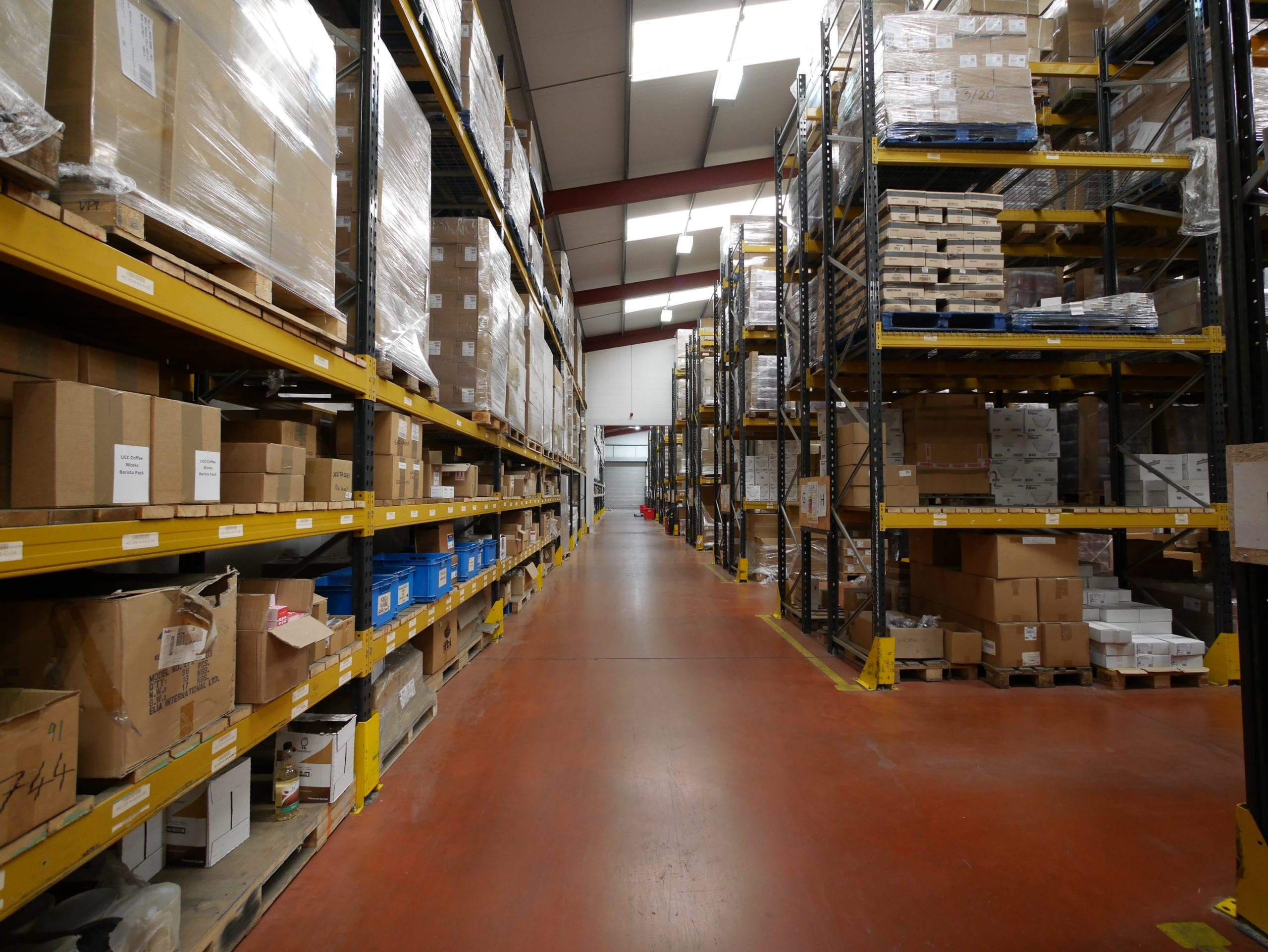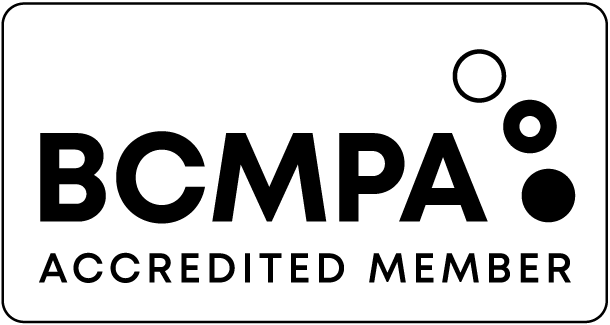
Efficient warehousing and distribution are critical to maintaining a competitive edge for businesses selling products. As supply chains become increasingly complex and customer expectations continue to rise, many businesses are turning to outsourced warehousing solutions to streamline their operations and drive growth.
According to a recent report by Grand View Research, the global third-party logistics market size was estimated at USD 1,095.85 billion in 2023 and is expected to grow at a compound annual growth rate (CAGR) of 8.1% from 2024 to 2030. This growth is driven by the increasing need for efficient supply chain management and the rising adoption of outsourced logistics services across various industries.
Sometimes it’s best to leave the warehousing to the experts. Third-party providers often have the expertise, technology, and infrastructure to handle warehousing needs more effectively, allowing businesses to focus on their core activities and strategic goals.
Let’s dive into the ten key benefits of outsourcing your warehousing operations to experts like Bray Solutions.
Significant Cost Savings – One of the most compelling reasons to outsource warehousing is the potential for substantial cost savings. By partnering with a 3PL provider, you can avoid the hefty capital investments associated with establishing and maintaining their own warehousing facilities.
a) Elimination of real estate costs: No need to purchase or lease warehouse space.
b) Reduced labour costs: 3PL providers manage staffing, training, and benefits.
c) Lower equipment and technology investments: Utilise the 3PL’s existing infrastructure.
d) Economies of scale: Benefit from the 3PL’s ability to spread costs across multiple clients.
Enhanced Scalability and Flexibility – Outsourced warehousing offers unparalleled scalability, allowing businesses to easily adapt to market fluctuations, seasonal demands, or rapid growth without the constraints of fixed infrastructure.
a) Seasonal businesses: Garden and pest control companies can easily handle peak season demands.
b) Fast-growing startups: Consumer goods brands can scale operations without significant upfront investments.
c) Product launches: Food and drink fulfilment operations can accommodate new product introductions seamlessly.
Access to Advanced Technology and Expertise – Warehousing experts invest heavily in state-of-the-art technology and continuously update their systems to stay competitive. By outsourcing, businesses gain access to these advanced technologies without the associated costs and maintenance responsibilities.
According to a 2020 Third-Party Logistics Study by Infosys Consulting, 93% of shippers report that the use of 3PL-provided technology has contributed to improving their supply chain outcomes.
a) Advanced Warehouse Management Systems (WMS)
b) Real-time inventory tracking and reporting
c) Automated picking and packing systems
d) Integration with e-commerce platforms and marketplaces
Improved Focus on Core Business Activities – Outsourcing warehousing allows companies to concentrate on their core competencies, such as product development, marketing, and customer service, rather than getting bogged down in logistics operations.
a) Enhanced product innovation
b) Stronger brand development
c) Improved customer relationships
d) More efficient use of internal resources
Geographic Expansion and Market Reach – Partnering with a 3PL provider with a network of strategically located warehouses can help businesses expand their geographic reach without the need for significant investments in new facilities.
a) Reduced shipping times and costs
b) Improved customer satisfaction through faster deliveries
c) Easier entry into new markets d) Enhanced ability to meet regional regulatory requirements
This is particularly beneficial for food and drink fulfilment operations looking to expand their distribution network or consumer goods brands aiming to enter new markets.
Risk Mitigation and Compliance Management – Warehousing experts are well-versed in industry regulations and best practices, helping businesses mitigate risks and ensure compliance with various standards and regulations.
According to a study by Deloitte, 70% of companies view their third-party relationships as an extension of their organisation, relying on them for critical risk management functions.
a) Adherence to industry-specific regulations (e.g., food safety standards)
B) Enhanced security measures to protect valuable stock
c) Business continuity planning and disaster recovery support
For businesses in the pet food or food and drink sectors, this expertise is crucial in maintaining product integrity and meeting stringent safety standards.
Improved Inventory Management and Accuracy – 3PL providers specialising in warehousing employ advanced inventory management techniques and technologies to ensure high levels of accuracy and efficiency. According to a recent report, the global Inventory Management Software market size was valued at USD 2783.53 million in 2021 and is expected to expand at a CAGR of 9.94% during the forecast period, reaching USD 4916.27 million by 2027.
a) Reduced stockouts and overstocking
b) Lower carrying costs
c) Improved cash flow
d) Enhanced ability to meet customer demand
For retail and consumer goods businesses, this translates to better product availability and customer satisfaction.
Enhanced Customer Service – Outsourcing to warehousing experts often leads to improved customer service through faster order processing, more accurate fulfilment, and better tracking capabilities.
a) Faster order-to-delivery times
b) More accurate order fulfilment
c) Real-time order tracking and status updates
d) Easier returns processing
These enhancements are particularly valuable for e-commerce operations in the consumer goods and retail sectors.
Access to Specialised Services – Many 3PL providers offer value-added services beyond basic warehousing and distribution, allowing businesses to streamline their operations further.
a) Kitting and assembly
b) Custom packaging and labelling
c) Quality control inspections
d) Returns management and reverse logistics
These services can be especially beneficial for businesses in the garden and pest control sector or those with complex product configurations.
Environmental Sustainability – Outsourcing to warehousing experts can contribute to your company’s sustainability efforts through more efficient operations and shared resources.
The World Economic Forum reports that logistics activities account for about 5.5% of global greenhouse gas emissions, emphasising the importance of sustainable practices in this sector.

a) Optimised transportation routes leading to reduced emissions
b) Energy-efficient warehouse facilities
c) Improved packaging practices to reduce waste
d) Shared resources leading to overall reduced environmental impact
For businesses looking to enhance their green credentials, partnering with a sustainability-focused 3PL can be a significant advantage.
Challenges Companies Face When They Don’t Outsource Their Warehousing – When companies choose to manage their warehousing in-house rather than outsourcing, they often encounter several significant challenges that affect their efficiency, cost management, and overall business operations.
At Bray Solutions, we understand the unique challenges faced by businesses various sectors. Our comprehensive warehousing solutions are designed to address these challenges and deliver all the benefits discussed in this article.
Making the decision to outsource your warehousing can be daunting, we know it’s not easy giving up control. But, the positives greatly outweigh the negatives. Bray Solutions offers a multitude of benefits that can significantly enhance your business operations. From cost savings and improved scalability to access to advanced technology and enhanced customer service, the advantages are clear and compelling.
As the business landscape continues to evolve and supply chains become increasingly complex, partnering with a trusted 3PL provider for warehousing needs is not just a strategic choice – it’s becoming a necessity for businesses aiming to stay competitive and grow in their respective markets.
It’s time to unlock the X factor in your supply chain. Explore how Bray Solutions can transform your warehousing operations and drive your business success.







We integrate with a number of different systems.
Get in touch to find out how we can help.